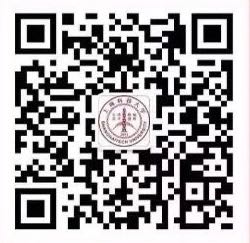Speaker: Prof. Vagelis Papalexakis
Time: 14:00-15:00, Sep 27
Location: SIST 1A 200
Host: Prof. Kewei Tu
Abstract:
Tensors and tensor decompositions have been very popular and effective tools for analyzing multi-aspect data in a wide variety of fields, ranging from Psychology to Chemometrics, and from Signal Processing to Data Mining and Machine Learning. Using tensors in the era of big data presents us with a rich variety of applications, but also poses great challenges, especially when it comes to scalability and efficiency.
In this talk, we will demonstrate the effectiveness of tensor decompositions as data analytic tools in a variety of exciting, real-world applications, including Misinformation on the Web, Social Graph Analytics, Gravitational Waves, and Explainable AI. Finally, the talk will touch upon scalability issues, especially pertaining to the case of streaming tensors in the presence of concept drift.
Bio:
Evangelos (Vagelis) Papalexakis is an Assistant Professor of the CSE Dept. at University of California Riverside. He received his PhD degree at the School of Computer Science at Carnegie Mellon University (CMU). Prior to CMU, he obtained his Diploma and MSc in Electronic & Computer Engineering at the Technical University of Crete, in Greece.
Broadly, his research interests span the fields of Data Mining, Machine Learning, and Signal Processing. His research involves designing scalable algorithms for mining large multi-aspect datasets, with specific emphasis on tensor factorization models, and applying those algorithms to a variety of real world multi-aspect data problems. His work has appeared in KDD, ICDM, SDM, ECML-PKDD, WWW, PAKDD, ICDE, ICASSP, IEEE Transactions of Signal Processing, and ACM TKDD. He has a best student paper award at PAKDD’14 and SDM’16, finalist best papers for SDM'14 and ASONAM'13 and he was a finalist for the Microsoft PhD Fellowship and the Facebook PhD Fellowship. Besides his academic experience, he has industrial research experience working at Microsoft Research Silicon Valley during the summers of 2013 and 2014 and Google Research during the summer of 2015. He has been named as one of the 2016 KDD Rising Starts by Microsoft Academic Search, and his doctoral dissertation received the 2017 SIGKDD Doctoral Dissertation Award (runner up).
SIST seminar 18201




 沪公网安备 31011502006855号
沪公网安备 31011502006855号


